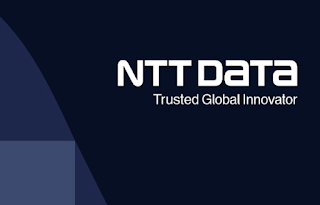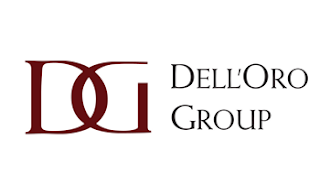Zayo has announced a series of critical infrastructure upgrades, featuring significant expansions in network connectivity. These enhancements include the introduction of new 400G-enabled wavelength routes, expanded on-demand network capabilities, and IP core upgrades.
Diversifying 400G Connections
Since April 2024, Zayo has completed five unique and carrier-diverse 400G wavelength routes. These routes provide unmatched diversity and connect to Zayo’s extensive backbone, enabling resilient North to South and Coast to Coast connectivity with 400G capacity.
New 400G routes:
- Los Angeles to San Jose: High-capacity, low-latency connectivity, extending to Salt Lake City, Portland, Dallas, and Phoenix.
- Chicago to St. Louis: Adds a diverse entrance into Chicago, connecting to the Memphis to New Orleans route.
- Reno to Barstow: Low-latency path beneficial for carriers, government agencies, and enterprises.
- Columbus to Pittsburgh: Offers faster, direct access with additional routing diversity.
- Quebec City to Montreal: Connects key data centers, extending reach into the U.S. Zayo is the sole major provider offering 400G connectivity between these locations.
Zayo has also expanded 400G capacity on routes linking Richmond, Cleveland, and Chicago, with nearly 90% of its North American fiber network now 400G-enabled, aiming for full enablement by the end of 2024.
Enabling Easy-to-Turn-Up Wavelength Capacity
To meet the growing demand for high-bandwidth applications like AI, Zayo has expanded its on-demand capacity services. The company’s industry-first Waves on Demand service offers wavelength turn-up in 24 hours and is now available on 10 high-demand routes, including new routes from Atlanta to Miami and Seattle to San Jose.
Strengthening Strategic Connections with IP Core Upgrades
Zayo has added 11 new North American IP points-of-presence (PoPs) in key data centers across multiple states and provinces. Additionally, four existing 400G IP PoP locations have been upgraded, enhancing connectivity in strategic markets such as San Jose, Seattle, Phoenix, and New York.
With these enhancements, Zayo now operates 375 global IP PoPs, 250 of which are in North America. These upgrades ensure scalable and reliable capacity, reduced latency, and improved performance to support advanced applications.














